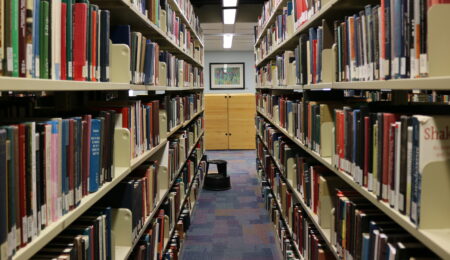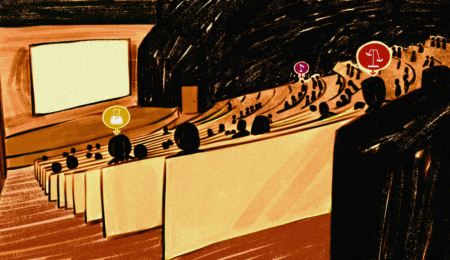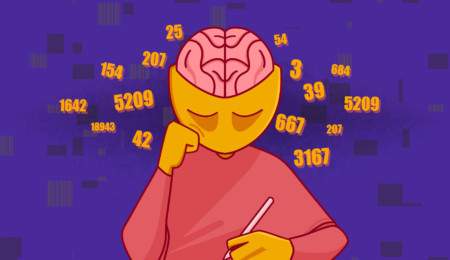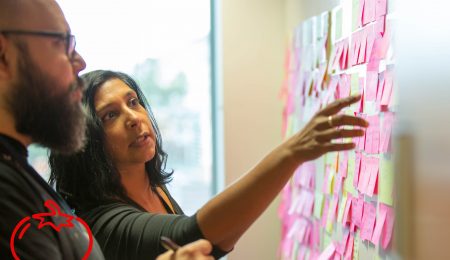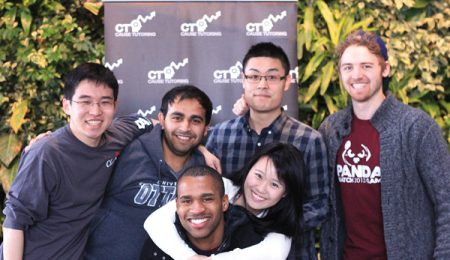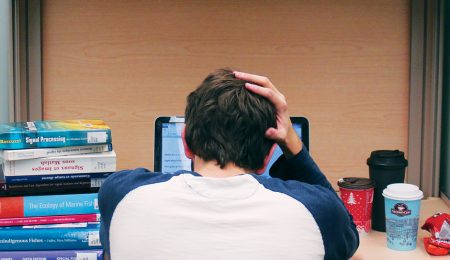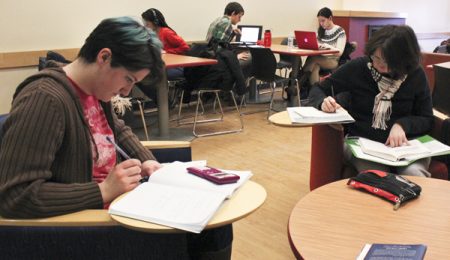Whether you’re cramming for midterms or signing out books for pleasure, everyone could use a refresher on how to behave in the library.
studying
The social sciences have a reputation for bleak job prospects, but it’s worth it to study what you’re passionate about.
Let’s get this out of the way quickly – it’s likely you’re not studying as effectively as you could be according to science
Are you troubled by strange noises in the middle of the night? Do you experience feelings of dread before or during your studies? Have you or any of your family ever seen a math-anxious student? If you’ve answered ‘yes’ to any of these questions, don’t wait another minute: pick up the phone and call the professionals.
From health to academics to social life, university students with chronic illnesses have to prioritize things a little differently. Take a look inside their lives and find out what the university is and isn’t doing to help.
A recent study led by University of Ottawa researcher Dr. Jarius Cross led to a shocking discovery. There was, collectively, zero reading done by U of O students during the winter semester reading week.
Apples are healthy, and may keep you awake better than coffee.
In the season’s spirit of giving, Fulcrum contributors weigh in on how to come out of your exams alive and on top.
Just like anything worth doing, there is a right way and a wrong way to study.
Illustration: Kim Wiens Content: Lindsay MacMillan
I don’t have anything against writing a final exam—obviously I need to prove that I learned something over the course of four months—but I have a huge problem with the way people act at the end of the semester.
Students at the University of Ottawa are taking teaching into their own hands with the launch of a new tutoring program for the homeless.
When you’re faced with three months’ worth of knowledge condensed into a three-hour exam, the sole determinant of success is what you remember when the clock starts.
“Nobody is talking about important issues such as toilet paper reform on campus, or the broadcast of the Olympics, because they are all too busy studying,” said King.
“We’re going to have to change our strategy from a focus on peripheral student issues that really affect only those already invested in student politics to arguments about expanding study space during the school year.”

